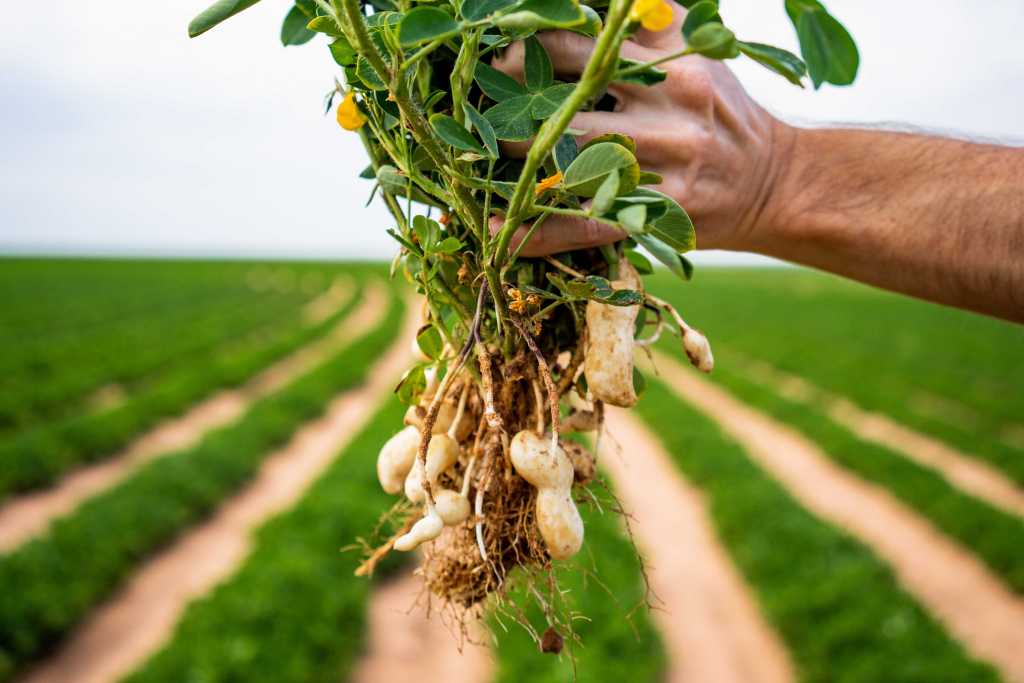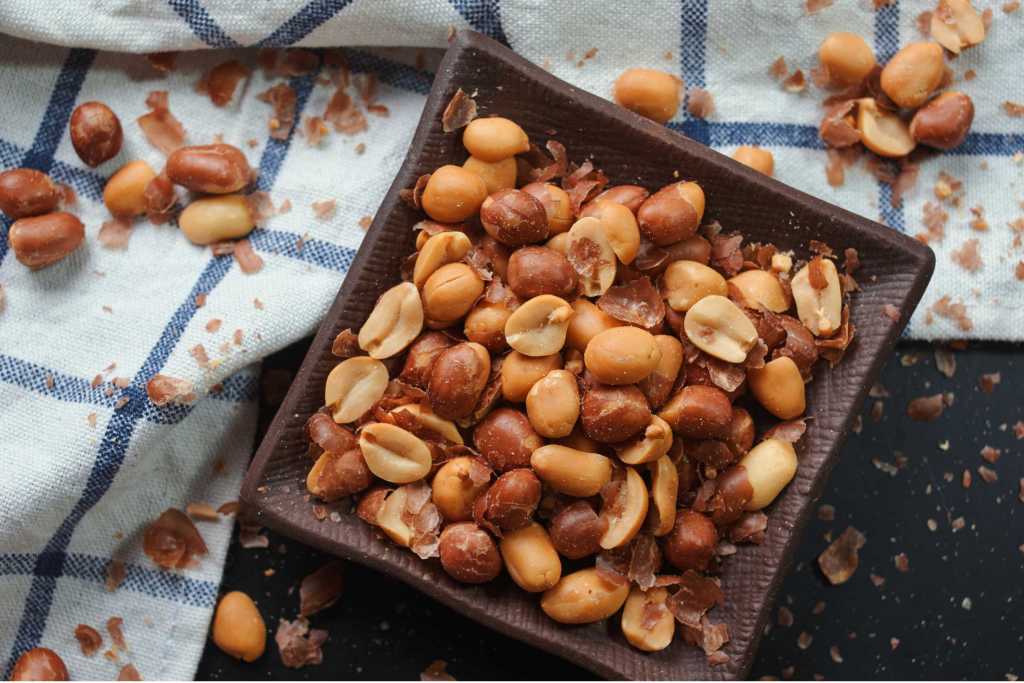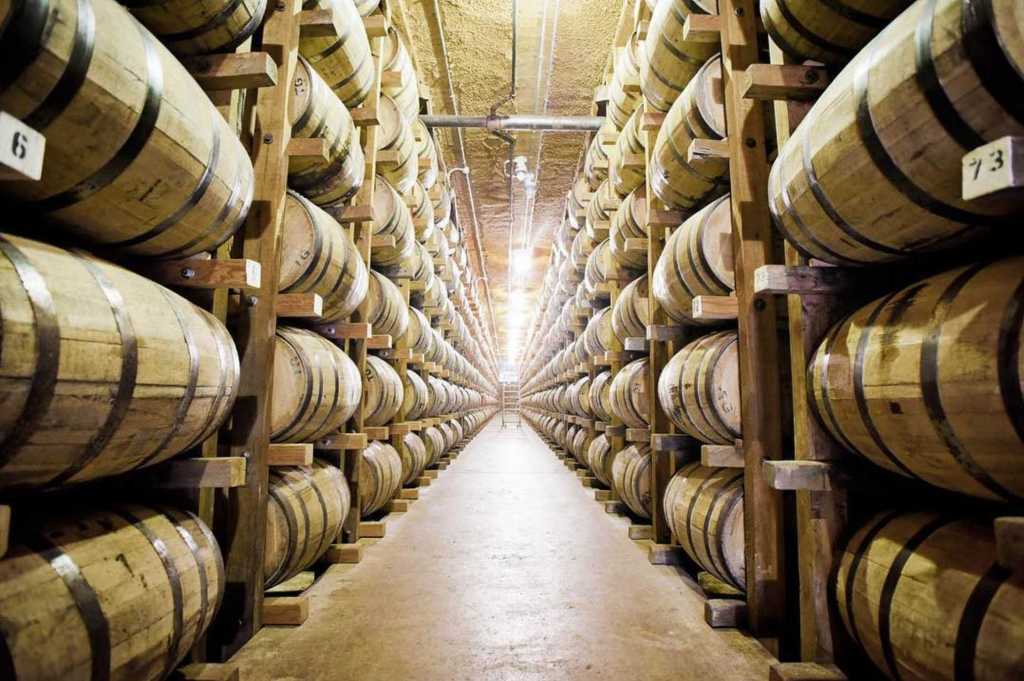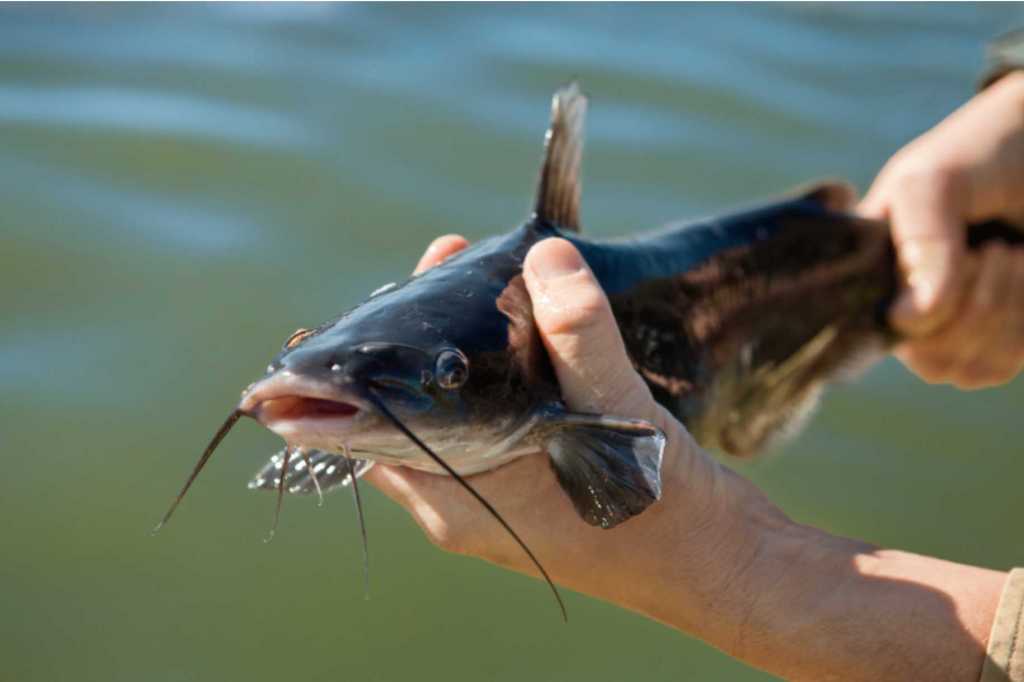Peanuts are a staple ingredient in cuisines around the world. With seven grams per ounce, peanuts have more protein than any nut. The peanut (which is botanically speaking not actually a nut, but a legume) is a nutrient-rich powerhouse that can proudly claim the superfood status. Today, dietary choices are not just about flavor and nutrition. Factors such as the origin and production of food as well as sustainability are taking on an increasingly important role in regards to what we consume.
“As one of the most sustainable and nutritious food sources available, peanuts are positioned to meet the challenges of a growing world.” – Shelly Nutt, Executive Director of Texas Peanuts Board
Aside from being the world’s fourth largest producer of peanuts, the United States has a peanut industry with a commitment to environmental stewardship and social responsibility. The state of Texas belongs to one of the major peanut producing states and is unique in that it is the only state in the U.S. that grows all four types of U.S. peanuts (Runner, Virginia, Spanish and Valencia). Not to mention that Texas is the leader in organic peanut production and also grows all four types organically. Texas Peanuts keep up with many of the food trends, not just because they are a versatile and delicious superfood, but also through the measures that are taken by Texas peanut growers to produce such a high quality and sustainable food.
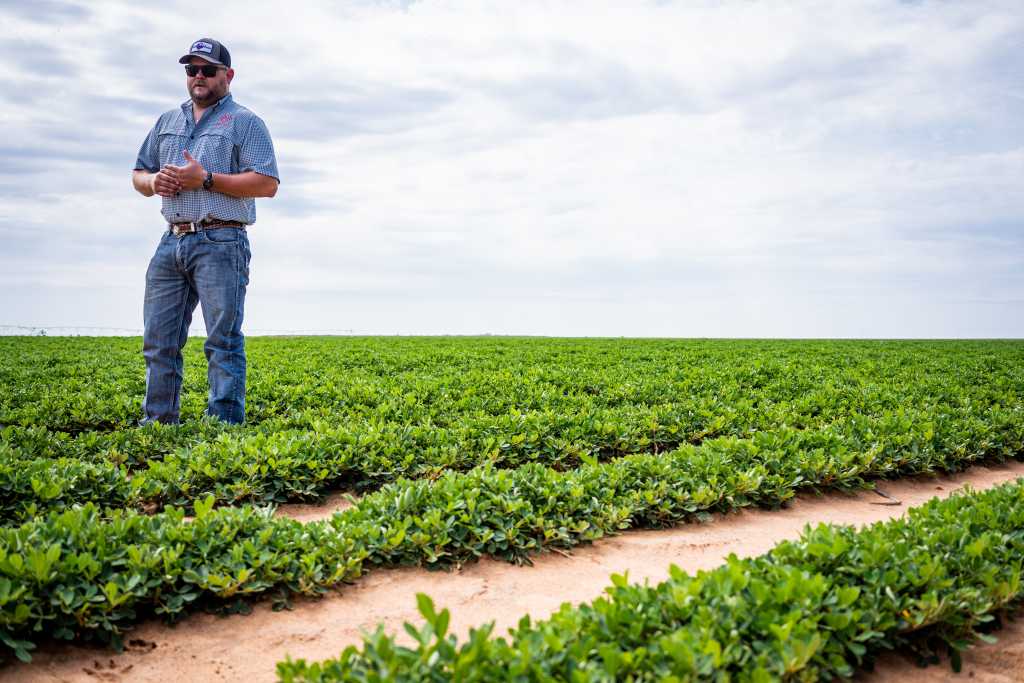
In Line with Food Trends
Plant-centric, multicultural and sustainability driven – those are the food trends that can be observed in 2021, especially amongst the Gen Z demographic.* A closer look at U.S. Peanuts reveals that the shelled legume aligns with many of these food trends.
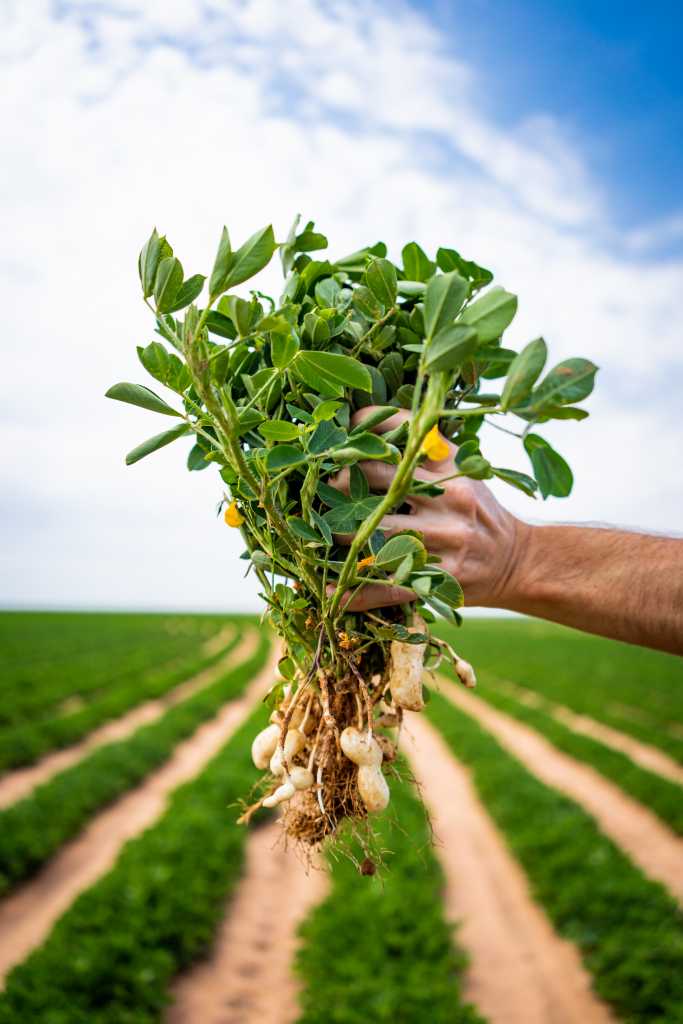
Whether for health reasons or ethical concerns, the trend towards plant-based diets, or simply consuming more plant-based alternatives to meat and dairy products, continues to grow. With their plant-based protein, fiber and good fats, peanuts are well suited for consumers with a plant-based or plant-forward diet. From a health perspective, peanuts have always been considered a nutritious snack, but increasing the oleic values propel peanuts into the “superfood” category. 100% of Texas grown peanuts are high-oleic, which makes them particularly attractive in regards to health benefits.
In addition to dietary concerns, an interest in experiencing cultural cuisines is noticeable amongst Gen Z. As a staple ingredient in foods from around the world, peanuts can be experienced with a variety of flavors and textures. Savory, spicy, sweet, crunchy or smooth – peanuts provide endless opportunities in both traditional recipes as well as in innovative culinary creations.
Sustainability in a Nutshell
Amongst the trends is a shift in eating habits shaped by an awareness of the impact foods have on the environment. What we eat is no longer just about filling our stomachs, but making choices that help change the world, protect the environment or support social causes. Eating sustainably begins with the methods of growing and farming.
Peanuts are naturally sustainable. Not only does the peanut require less water than any nut, but it also replenishes the soil. Consequently, peanuts require less fertilizer and even benefit other crops, resulting in less greenhouse gas emissions.* In terms of manufacturing, peanuts are a zero-waste plant, meaning that everything, from the roots to the hulls, are utilized.
For U.S. peanut growers, sustainability can have more than one meaning. As stewards of the land, American peanut farmers have always had an awareness of environmental stewardship. Most peanut farms are family-owned and passed from one generation to the next, which cultivates a sense of commitment to future generations.
“In a nutshell, sustainability means enriching the land, our communities and people’s health.” – National Peanut Board
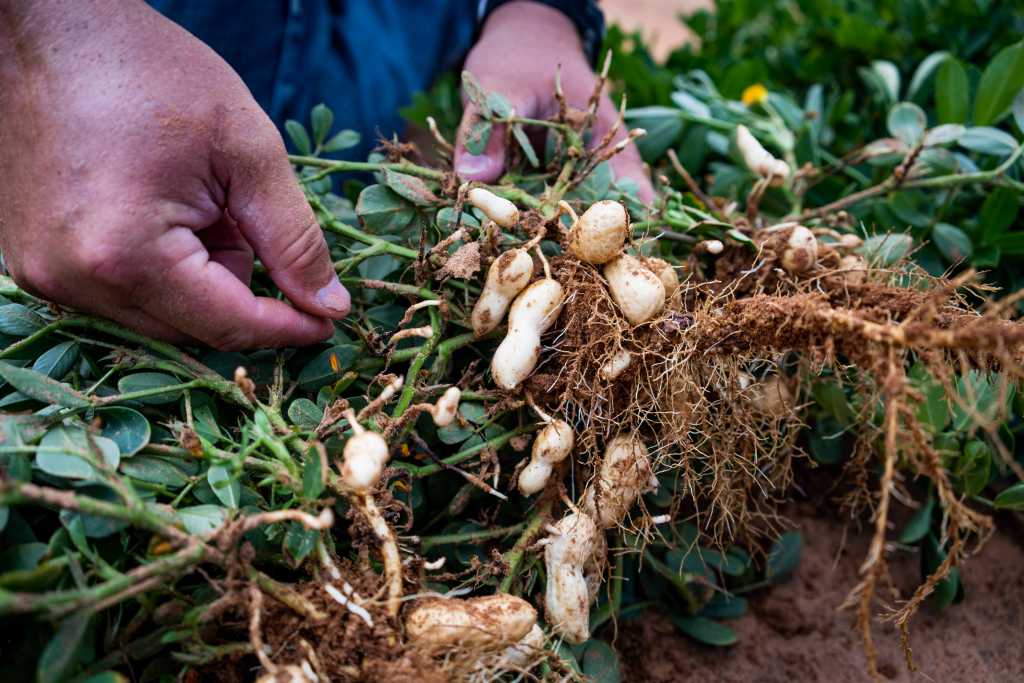
Texas Peanut Potential in Europe
The demand for food that provides a bold flavor experience while accommodating to personal preferences, such as plant-based alternatives, healthy food and sustainable production, is a request many foods do not fulfill. Texas Peanuts is a food that meets the needs of consumers – they are delicious, nutritious, versatile, sustainable, and affordable. Peanuts are unique in that they can make the exotic familiar and the familiar exotic.
Need a recipe to back it up? The Peanut Tofu Bowls exemplify how peanuts can be both a comfort food and an exotic culinary experience, flavorful and healthy, sustainable and simple.
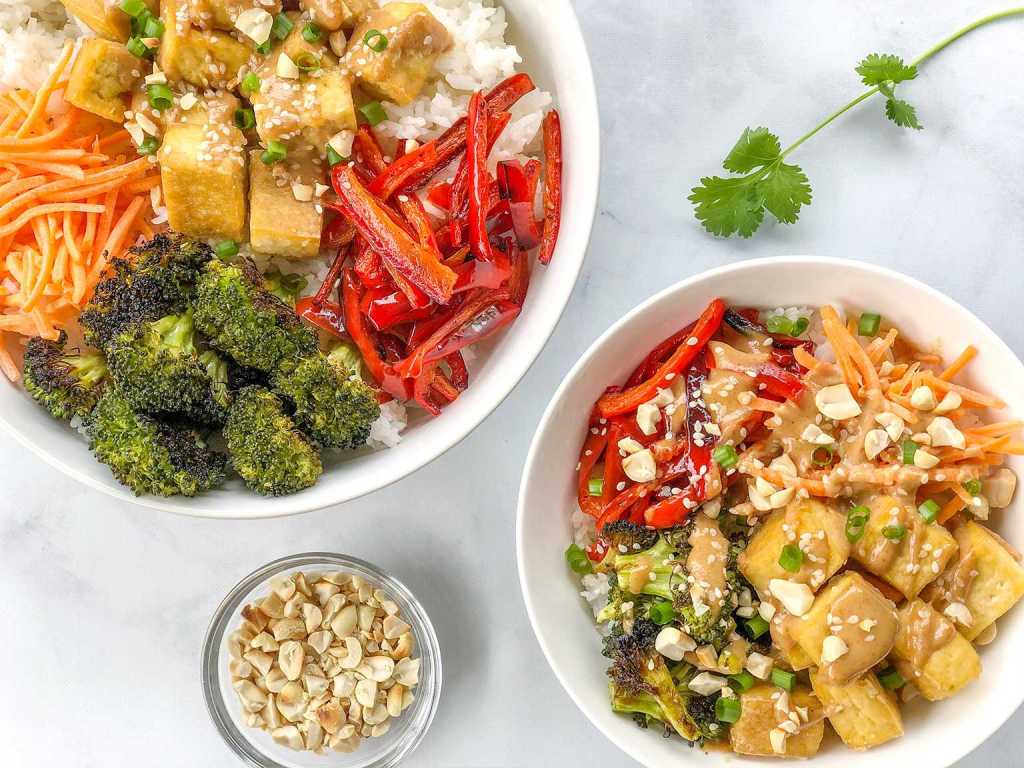
*Food Trends: Peanuts and the Gen Z POV
*Fact Sheets – U.S. Peanuts – A Global Leader in Sustainability

